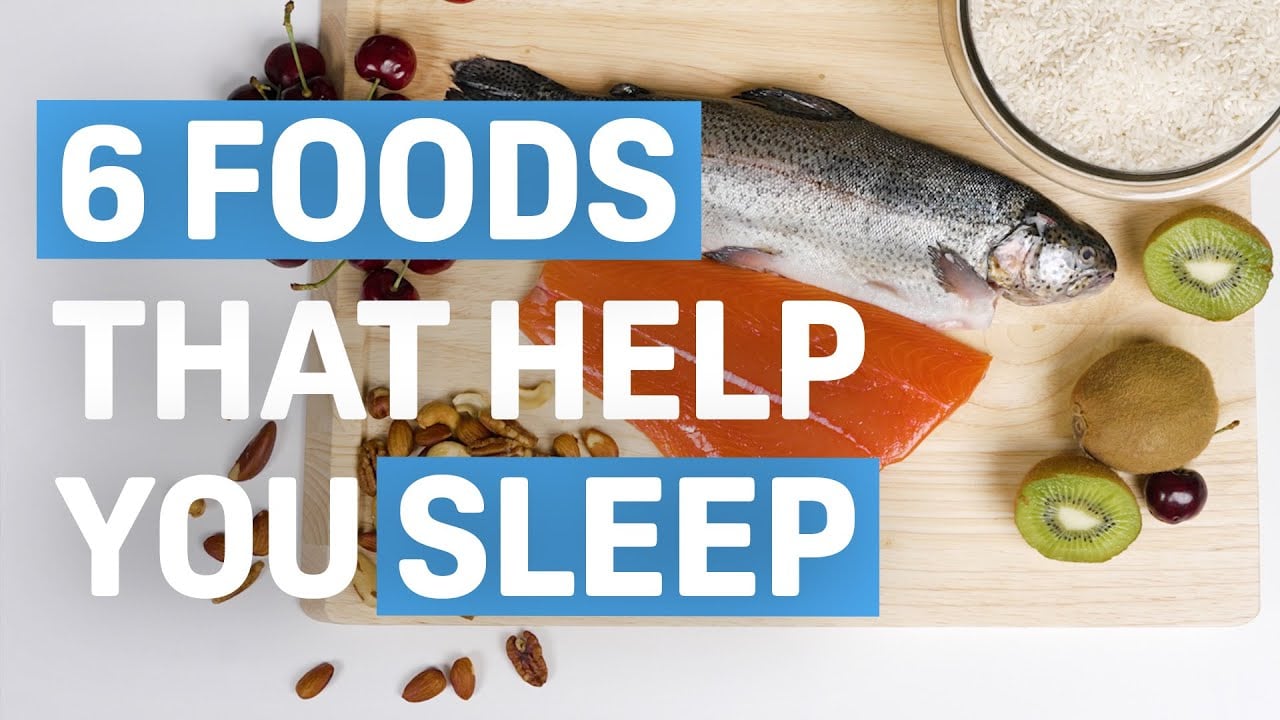Harnessing the Power of Sleep: Deep Dives into Restorative Rest
We spend roughly a third of our lives asleep, yet the health implications of sleep have only recently begun to emerge from the shadows. Long considered just a passive, dormant phase, we now understand sleep to be a dynamic process, essential for the body's restoration, memory consolidation, and emotional regulation. But how can we harness the power of sleep to optimize our health? This exploration into restorative rest will uncover how sleep can become one of the most potent tools in our health arsenal.
In the bustling rhythm of modern life, sleep is often the first casualty in our quest to squeeze in more hours of work or entertainment. However, cutting corners on rest comes at a steep price. Robust research links inadequate sleep with chronic diseases, including obesity, diabetes, cardiovascular disease, and even a shortened lifespan. Sleep, in its ample and restful variety, acts like a fountain of youth for our cells, tissues, and organs.
At the heart of restorative sleep is the sleep cycle, consisting of four stages: three Non-Rapid Eye Movement (NREM) stages and one Rapid Eye Movement (REM) stage. It's in the deepest stage of NREM sleep that growth hormone is released, aiding muscle repair and growth, while REM sleep is fundamental for cognitive functions, such as memory and creativity. Each stage plays a pivotal role, indicating that not just the duration, but also the quality of sleep matters profoundly.
One of the lesser-known villains in our sleep saga is the blue light emitted from screens, capable of disrupting our natural circadian rhythms and suppressing melatonin, the sleep-inducing hormone. The imperative to switch off our devices well before bedtime cannot be understated, especially in an age of relentless connectivity. The assault on our senses from screens, alongside the caffeine-laced beverages we consume, collectively conspire against the sweet surrender to sleep.
Yet, it's not just about evading the negatives; cultivating positive sleep hygiene practices is equally crucial. A consistent bedtime routine and ensuring a sleep-conducive environment, characterized by a cool, dark, and quiet bedroom, can signal to our body that it's time to wind down. Integrative approaches also offer promising inroads; for example, mindfulness and relaxation techniques have been shown to combat insomnia, soothing the transition into sleep.
Recent studies have illuminated an even deeper dimension to sleep's restorative powers. During sleep, the brain engages in a self-cleaning process, clearing out waste products like amyloid plaques— a hallmark of Alzheimer's disease. This discovery has sparked renewed interest in understanding the connection between sleep and neurodegenerative diseases, propelling sleep research to the forefront of preventive health strategies.
As we delve further into the implications of the sleep-health nexus, we cannot afford to overlook sleep disorders, which afflict millions worldwide. Conditions such as sleep apnea not only disturb the sufferer’s rest but are also associated with more sinister health concerns, such as hypertension and stroke. The medical community is continuously evolving treatments, ranging from Continuous Positive Airway Pressure (CPAP) machines for apnea to cognitive-behavioral therapy for insomnia. However, the need for increased awareness and early diagnosis cannot be overstated.
In the restorative light of sleep, we can begin to appreciate the far-reaching impacts of our nightly repose. Part one of this article illuminates the foundational elements of why we must prioritize sleep, and in the next segment, we shall delve into practical strategies to reclaim quality rest, exploring sleep's synergistic relationship with other lifestyle factors such as exercise, diet, and stress management. Stay tuned as we unlock the secrets to transforming our well-being through the profound power of sleep.###
Unveiling Sleep's Symbiotic Relationships for Holistic Health
While understanding the importance of sleep is critical, implementing strategies to improve sleep is where real transformation occurs. The intricate web of lifestyle choices we make daily can enhance or hinder our journey towards restorative rest. The second part of this examination into the power of sleep focuses on the actionable steps we can take, weaving sleep into the broader tapestry of a healthy lifestyle.
Optimizing our sleep architecture begins by establishing a circadian alliance with our natural environment. Exposure to natural sunlight during the day fortifies our internal clock, which in turn ensures a smoother transition to sleep at night. It's the interplay between light and dark that regulates our biological rhythms, and by being mindful of our light exposure, we can sharpen the delicate balance of our sleep-wake cycle.
The relationship between sleep and physical activity is bidirectional: regular exercise can lead to more restful sleep, while adequate sleep can improve athletic performance and motivation to stay active. Moderate aerobic exercises, when performed at the right times, can facilitate the onset of sleep and enhance the quality of deep sleep. Conversely, late-night vigourous exercise can be counterproductive, potentially leading to elevated heart rates and temperatures that impede the body's natural wind-down process.
Nutrition, too, possesses a powerful sway over our slumber. While large, heavy meals close to bedtime can cause discomfort and indigestion, certain foods can, in fact, promote better sleep quality. Ingredients rich in tryptophan, magnesium, and vitamin B6, for instance, aid in the production of melatonin and serotonin—chemicals fundamental to the sleep process. Incorporating foods such as almonds, bananas, honey, and oats, can nudge our physiology towards a night of restful sleep.
Furthermore, managing stress and emotional well-being emerges as a hefty cornerstone for conquering sleepless nights. Chronic stress can create a hyperarousal state that makes nodding off a nightly challenge. Thus, relaxation techniques such as deep breathing, meditation, and gentle yoga can be transformative, allowing the body and mind to ease into a peaceful state conducive to sleep. These practices not only facilitate the onset of sleep but enhance its quality by fostering longer periods of REM sleep—the phase associated with emotional regulation and memory consolidation.
Dovetailing with emotional health is the realm of digital detoxification. In an era where smartphones are our constant companions, setting boundaries such as a digital curfew can be remarkably beneficial. Designating the hour before bed as a technology-free time allows the mind to decelerate from the day's stimuli, cueing the body towards a state ready for rest.
As we map out the web of factors influencing sleep, it becomes apparent that sleep does not exist in isolation—it is deeply entwined with every facet of health and well-being. Nurturing each relationship—whether with light, exercise, nutrition, or stress management—amplifies sleep's reparative effects. Sleep must be embraced not as a luxury but as an essential element of daily life, pivotal to the very essence of health maintenance and disease prevention.
In conclusion, harnessing the power of sleep is a holistic voyage. It's not merely about combating the factors that impair sleep but actively engaging in a lifestyle that elevates sleep to its rightful pedestal. The quest for restorative rest is a multifaceted journey, requiring a conscious effort to harmonize all aspects of our living. As we continue to unravel the mysteries of sleep and recognize its profound role in our health, we can reclaim control over our sleep domains, and with it, our overall vitality.
Embrace these keys to unlock the restorative power of sleep, and watch as the doors open to a revitalized life—full of energy, sharpness, and resilience. Sleep, after all, is the silent nurturer, the unsung hero in our perpetual pursuit of health and well-being.






Comments